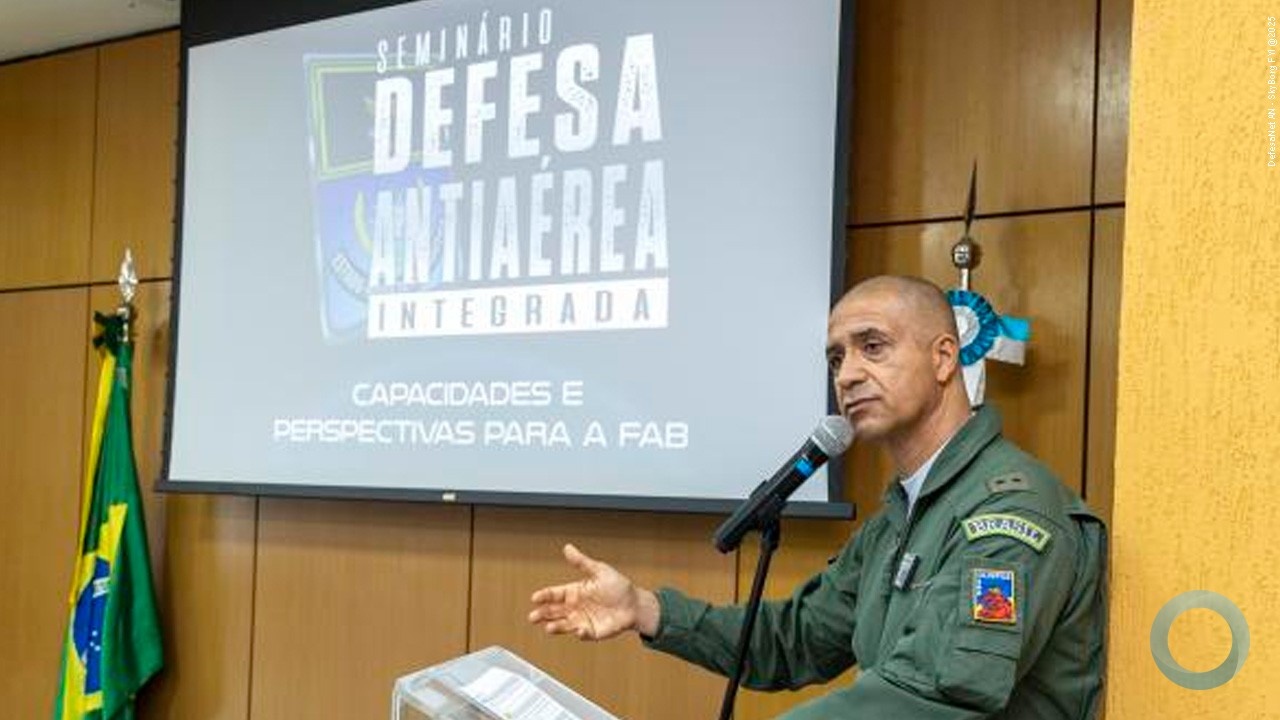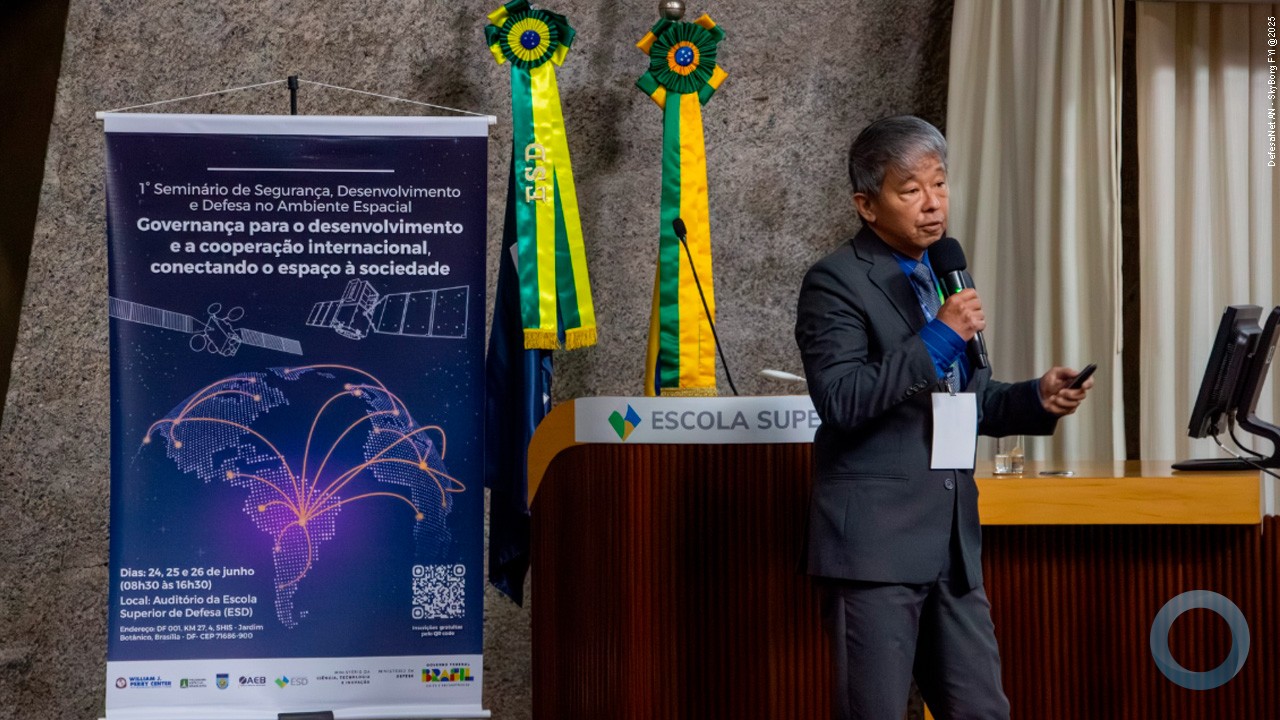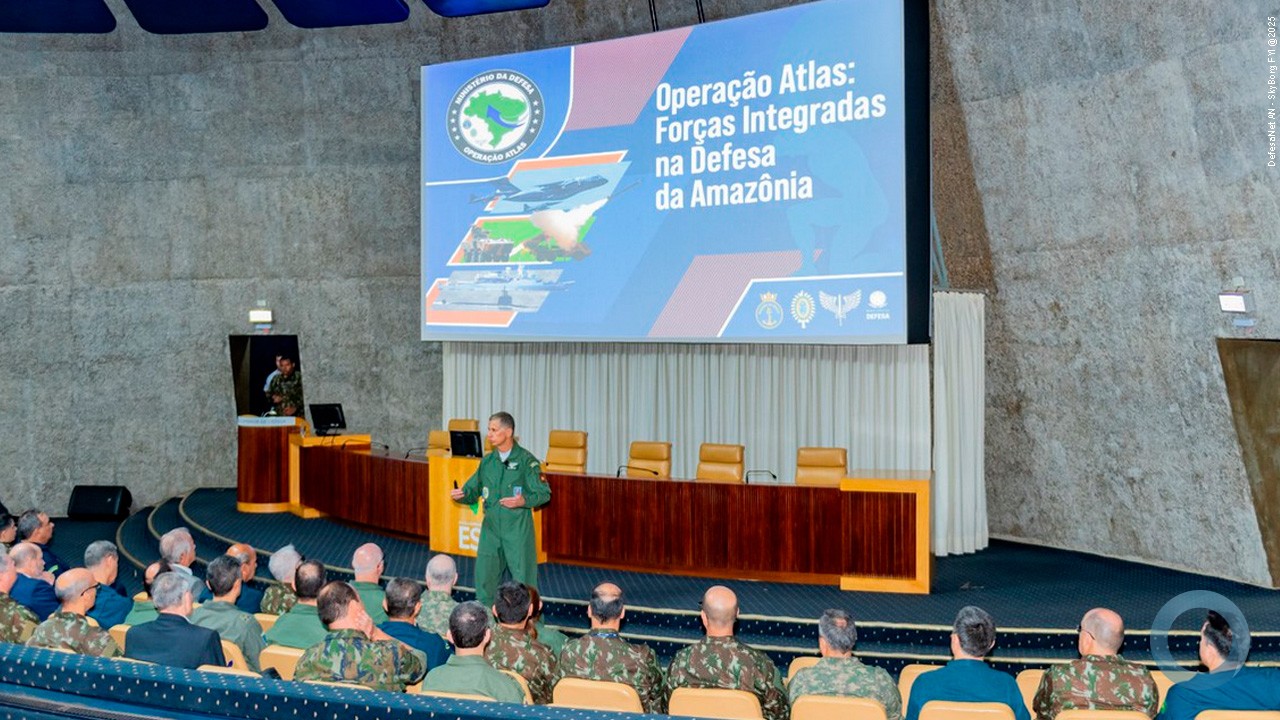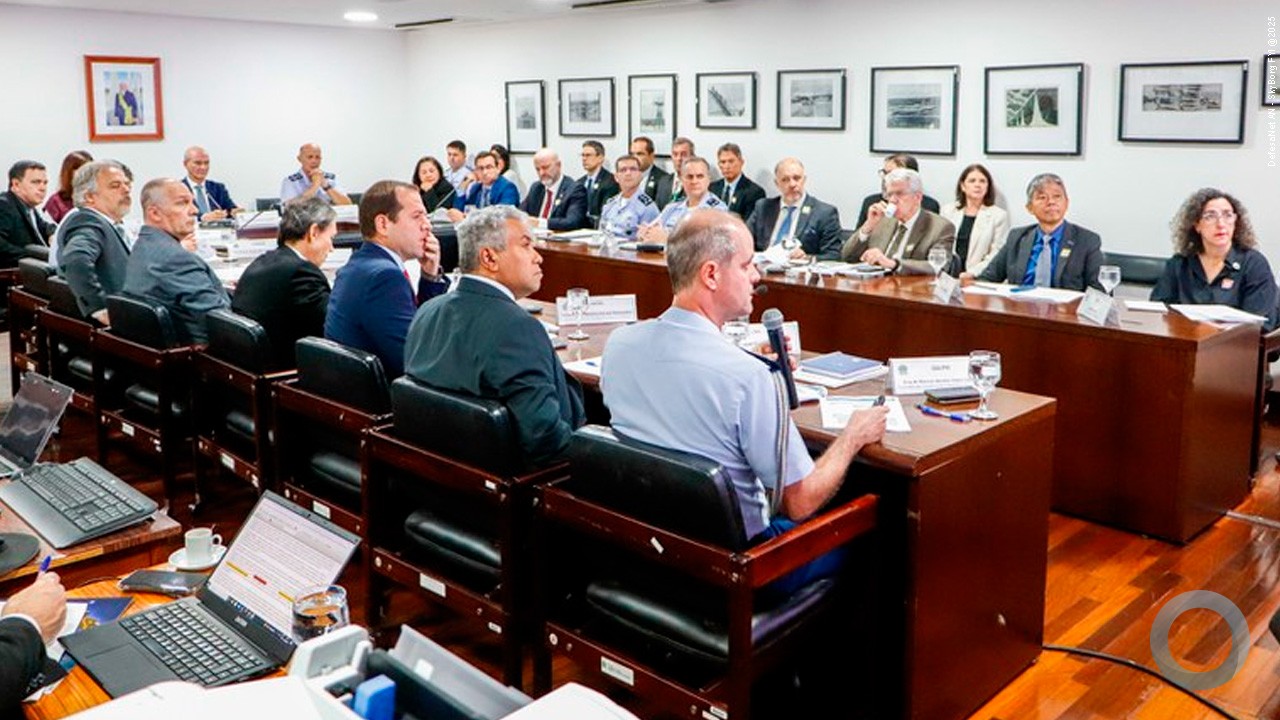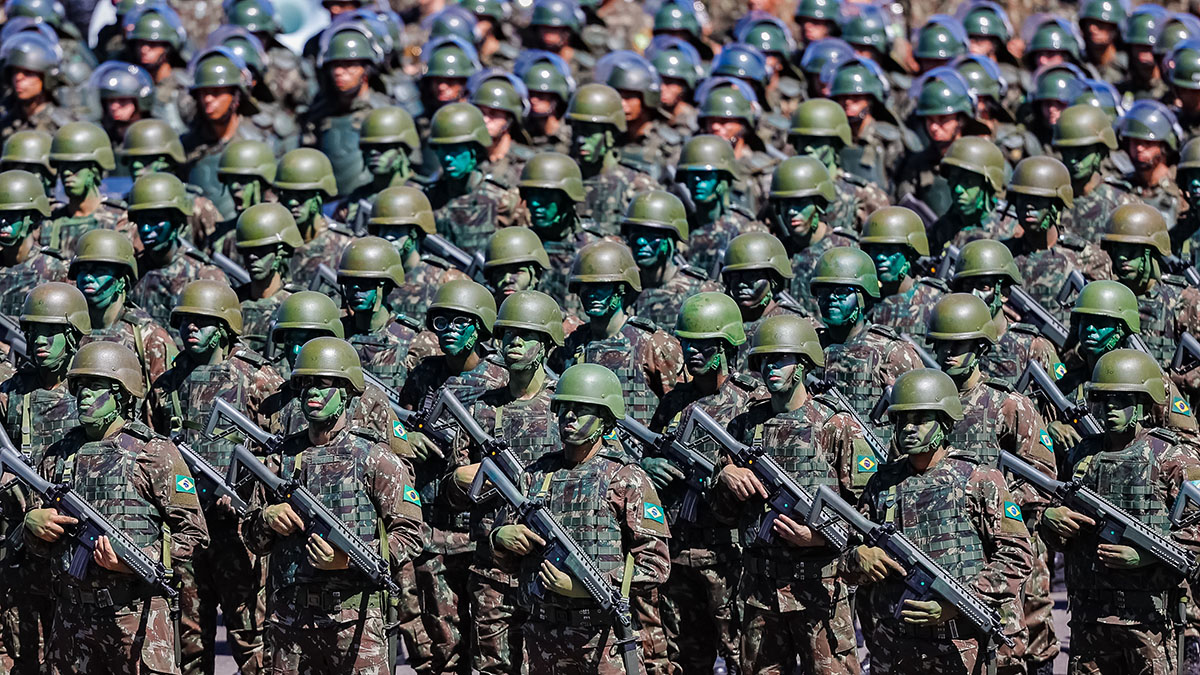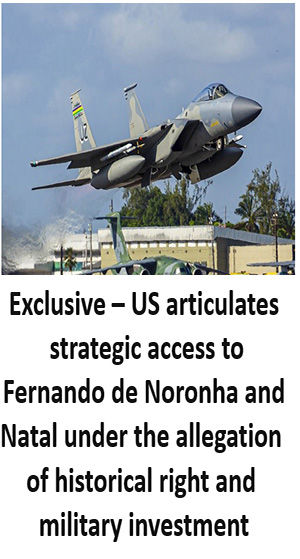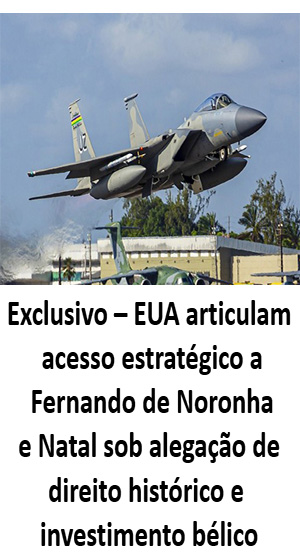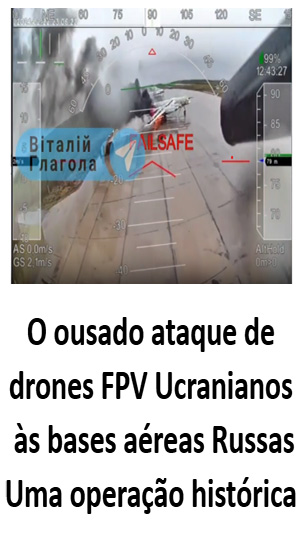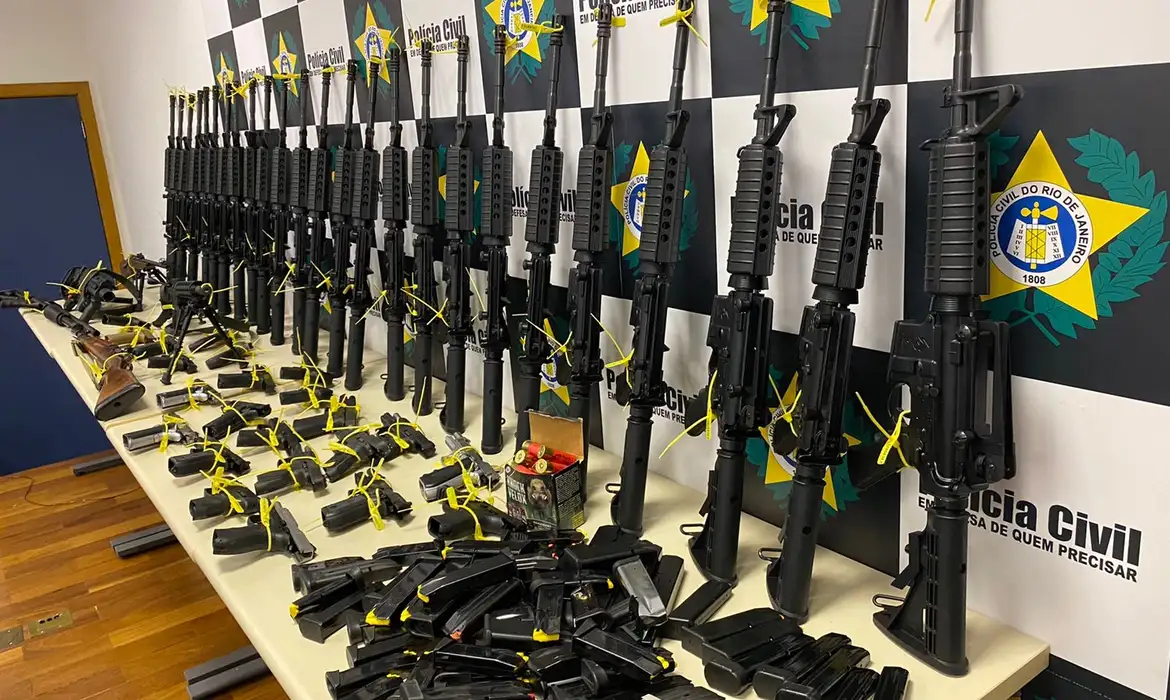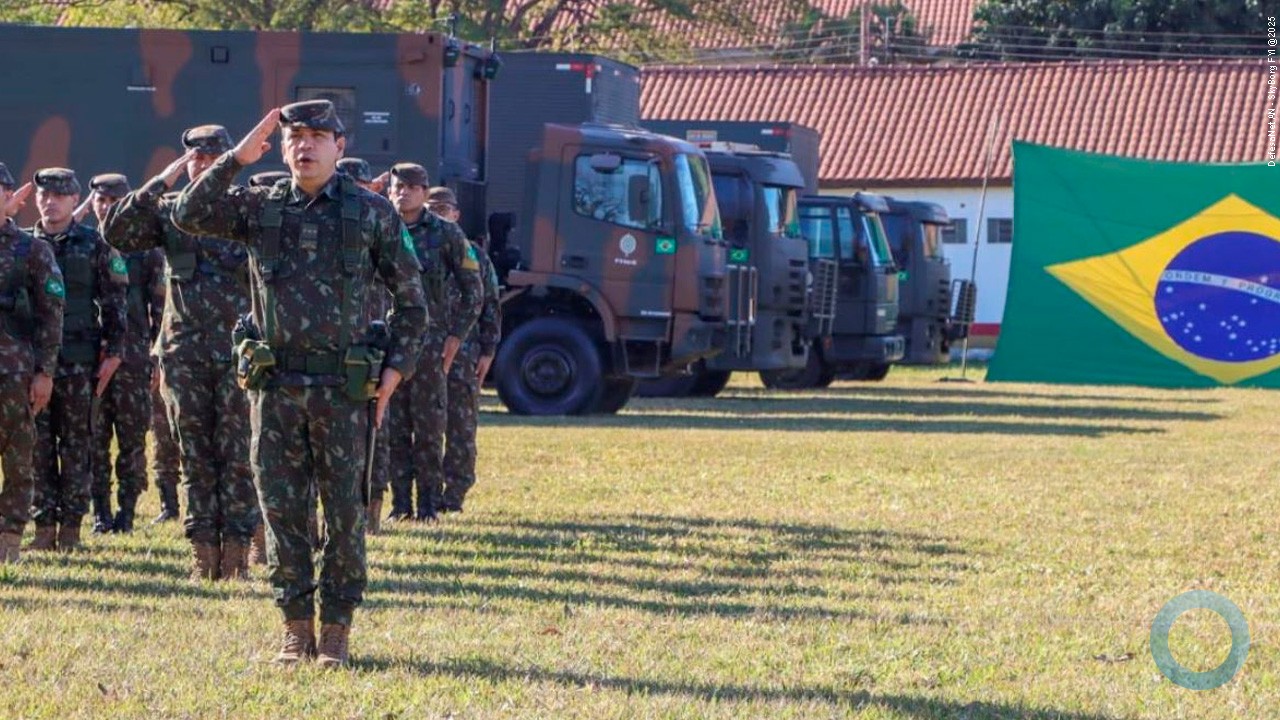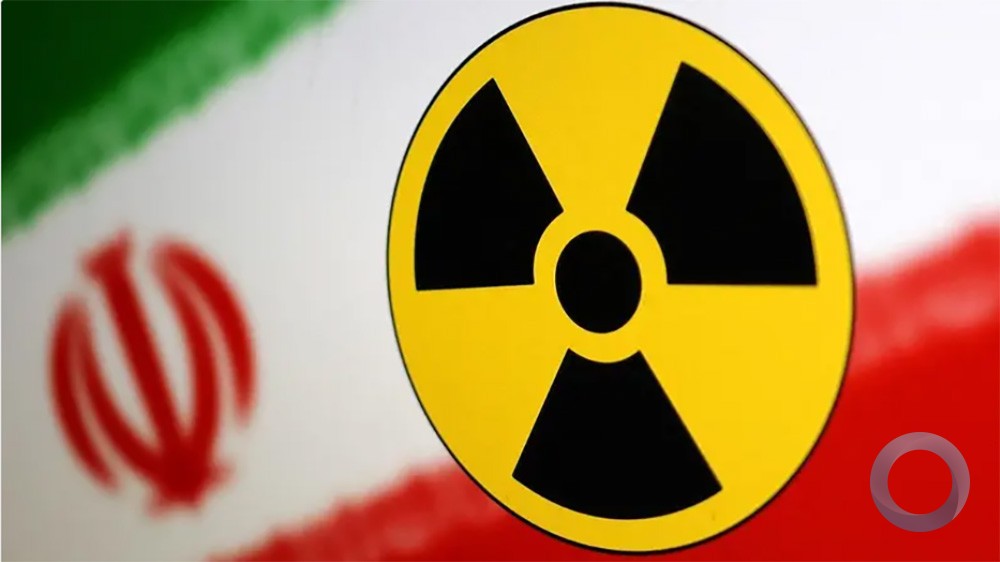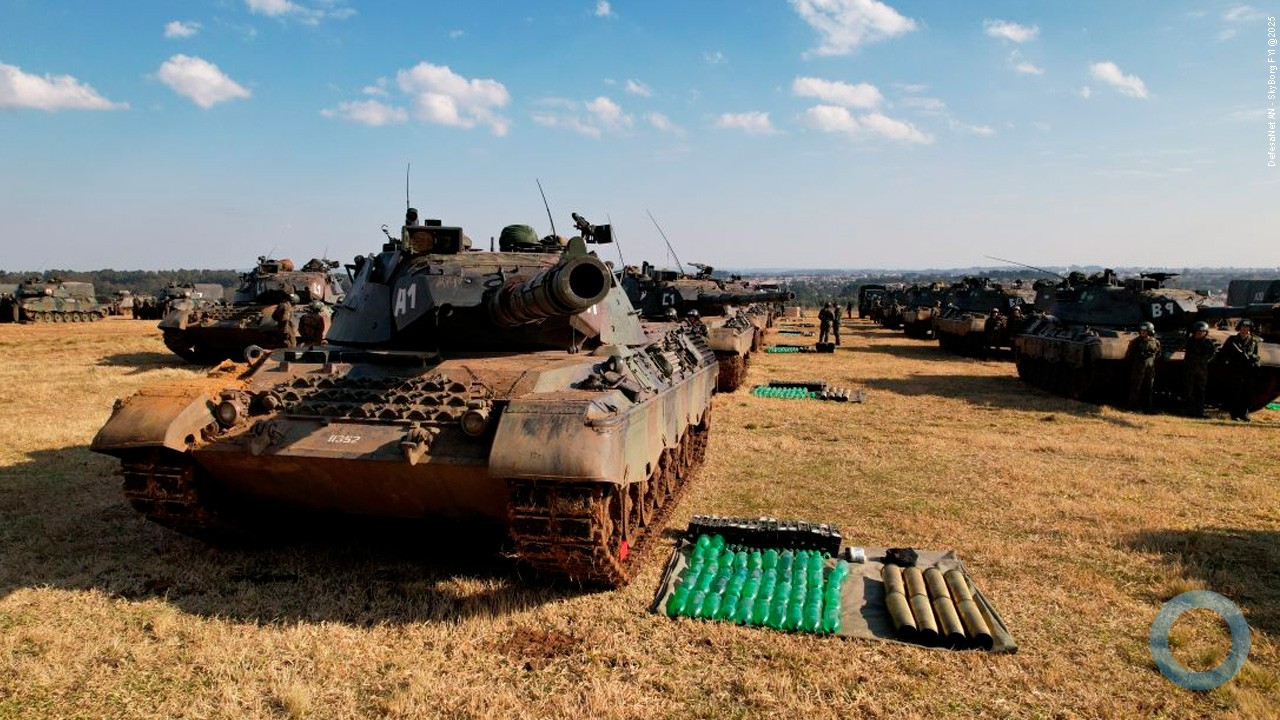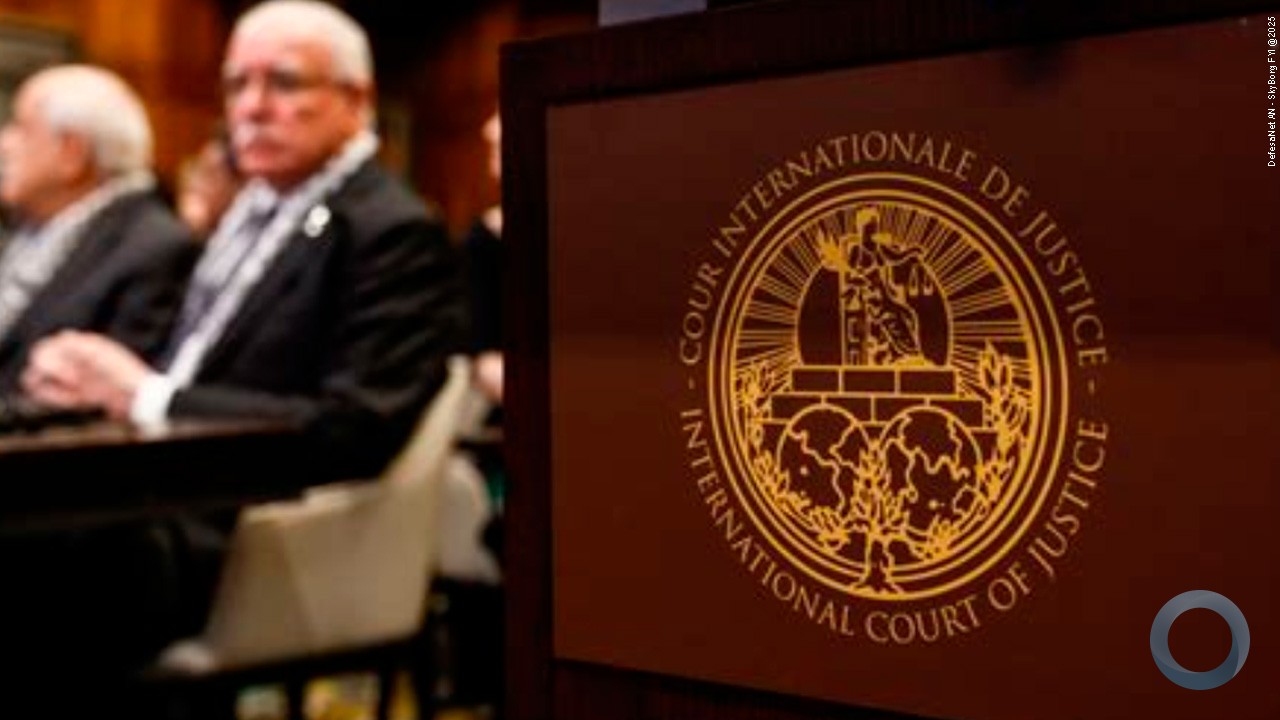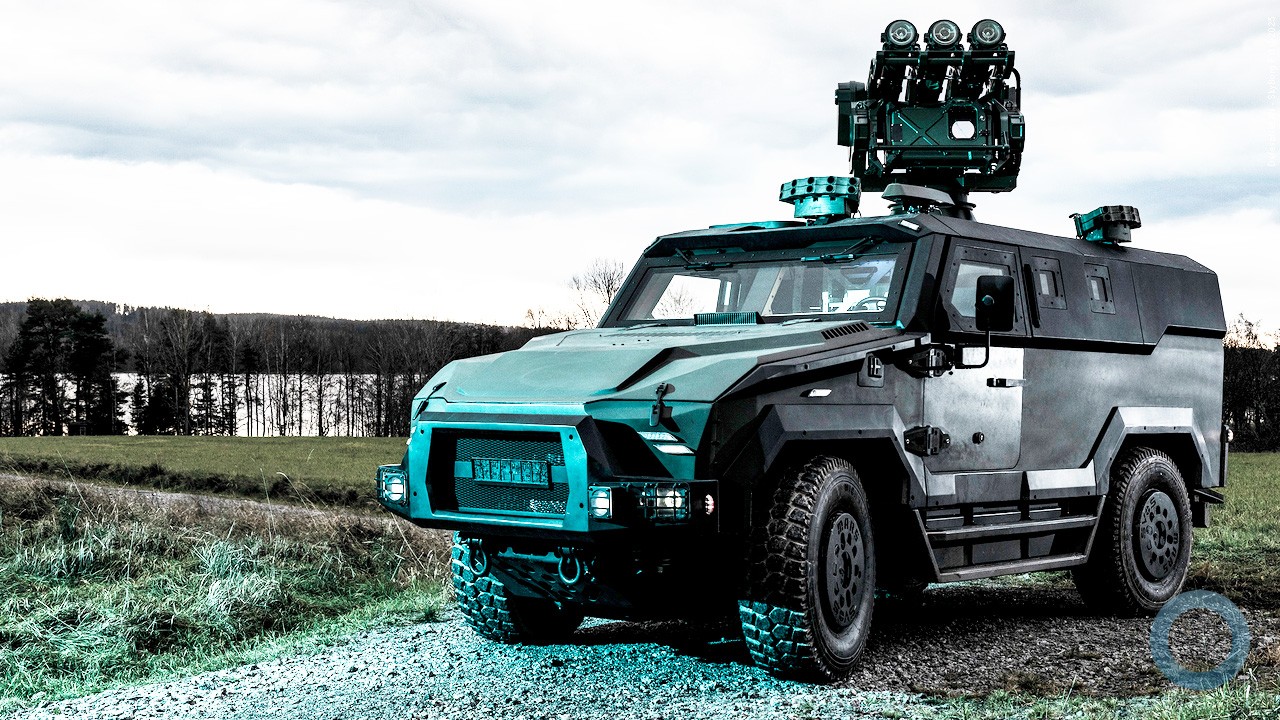Secretário-Geral Guterres apela à proibição de robôs assassinos lembrando que são “moralmente repugnantes”. O chefe da ONU constata que os princípios acordados por este grupo, no ano passado, “demarcaram uma linha importante.”
O futuro da forma com que os conflitos e as guerras ocorrerão pode estar sendo definido em uma reunião da ONU, em Genebra. Grupo de peritos governamentais em inteligência artificial (AI), reúne-se em Genebra para debater sistemas de armas letais autónomas, “Lethal Autonomous Weapons Systems” (LAWS), ocorre nesta semana.
O encontro LAWS é um dos dois previstos para 2019, e são a continuidade dos dois realizados anteriormente em 2017 e 2018, na ONU em Genebra.
O secretário-geral da ONU, António Guterres, considera que máquinas com poder de tirar vidas, sem envolvimento humano, conhecidos como robôs assassinos, são “politicamente inaceitáveis, moralmente repugnantes e devem ser proibidas pelo direito internacional.”
A mensagem de Guterres foi entregue pelo diretor-geral do Escritório das Nações Unidas em Genebra, Michael Møller, por ocasião do início da reunião do Grupo de Peritos Governamentais Sobre Tecnologias Emergentes na Área de Sistemas Letais de Armas Autónomas, Aslaa.
O chefe da ONU constata que os princípios acordados por este grupo, no ano passado, “demarcaram uma linha importante”, afirmando que "a responsabilidade humana pelas decisões sobre o uso de sistemas de armas deve ser mantida, uma vez que a responsabilidade não pode ser transferida para as máquinas".
Comissão
Guterres destaca as diferentes posições entre os peritos relativamente à abordagem para assegurar que a responsabilidade humana pelo uso da força é salvaguardada.
O secretário-geral lembra que há peritos que defendem a criação de uma lei e outros “defendem medidas e diretrizes políticas.” Perante estas diferenças, Guterres apela à aproximação de posições para “encontrar o caminho mais eficaz.” Um processo que para ele “exigirá compromisso, criatividade e vontade política.”
Criado em 2014, este grupo informal de peritos reúne-se anualmente sob os auspícios da Convenção sobre Certas Armas Convencionais, CCW, para debater as questões relacionadas com as tecnologias emergentes na área de sistemas de armas autónomas letais.
CCW tem por base a “1980 Convention on Prohibitions or Restrictions on the Use of Certain Conventional Weapons Which May Be Deemed to Be Excessively Injurious or to Have Indiscriminate Effects” que está em vigor desde, 2 Dezembro de 1983.
|
25 March 2019 Secretary-General's message to Meeting of the Group of Governmental Experts on Emerging Technologies in the Area of Lethal Autonomous Weapons Systems [Delivered by Michael Møller, Director-General of United Nations Office at Geneva] I am pleased to send this message of encouragement to the group of governmental experts on emerging technologies in the area of lethal autonomous weapons systems.
Your work is of the utmost importance and urgency. As I have said on a number of occasions, machines with the power and discretion to take lives without human involvement are politically unacceptable, morally repugnant and should be prohibited by international law.
This reflects what I see as the prevailing sentiment across the world. I know of no State or armed force in favour of fully autonomous weapon systems empowered to take human life.
The possible guiding principles you agreed last year took a step toward solidifying this norm. Those principles demarcated an important line in the sand, stating that “human responsibility for decisions on the use of weapons systems must be retained since accountability cannot be transferred to machines”.
There continue to be various possible approaches to ensuring that human responsibility for the use of force is safeguarded.
I am aware that some of you think new law is necessary. Others argue for political measures and guidelines.
It is your task now to narrow these differences and find the most effective way forward. I am convinced that this is possible in a framework such as the Convention on Certain Conventional Weapons. But of course, this will require compromise, creativity and political will.
The world is watching, the clock is ticking and others are less sanguine. I hope you prove them wrong.
I stand ready to assist in any way I can. I know many others across industry, academia and civil society have also provided valuable inputs, support and impetus, and I thank them for that. But it is now over to you to deliver.
I wish you a successful and productive meeting |






